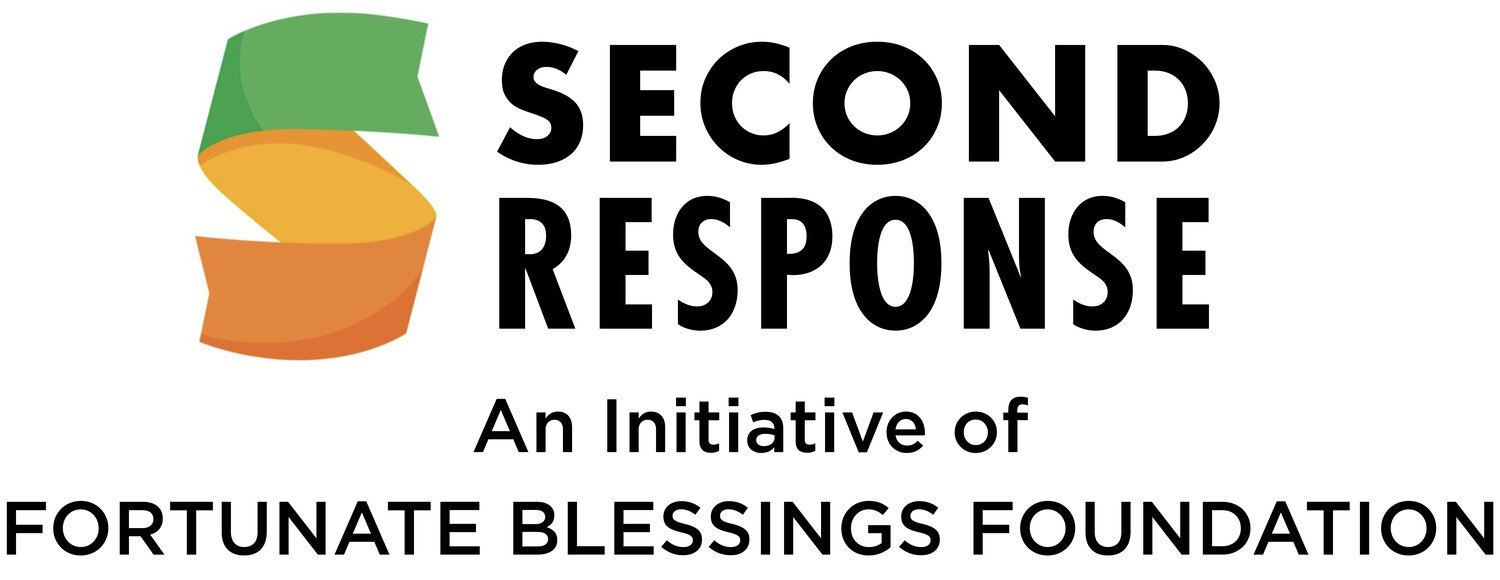A gun has been fired on school grounds nearly once a week since the tragedy at Sandy Hook Elementary School.
Many schools now have assigned uniformed and armed resource officers, and all have bomb threat protocols and lock-down drills. One of every four students reports being bullied during the school year with associated negative impacts on their academic, emotional social and physical well-being. There are also new guidelines for suicide prevention in response to 16% of students nationwide who seriously consider suicide. The accumulation of stress and trauma our children experience is daunting.
Schools are the center of communities and teachers are on the front line of every issue that arises each and every day for our children. The responsibility of schools to prepare our children for the future has never been greater, yet nearly half of K-12 teachers report high daily stress during the school year. Teachers are focused not only on their students’ academic success but on their safety and social-emotional development as well. School districts have begun to implement social-emotional curriculum after realizing the urgent need for better tools to address the unparalleled rise in trauma exposure our children now face.
““With the alliance of guidance counselors and Second Response Mentors, physical education teachers will be able to offer children a secure place to safely express their emotions in a manner that uniquely aligns with children’s primary processing strategy – with their bodies and in play.””
““You can rebuild the infrastructure and the school buildings, but unless the inner landscape of the children is attended to, any recovery effort will fail.” ”
““These engaging exercises are an incredible way to build resiliency in children. The fact that they address core curriculum standards is a huge bonus for schools. Those eager for meaningful integration of standards will appreciate PLAYshop methodology. ”
““What you are doing is emotional medicine.” ”
Second Response developed the PLAYshop methodology over a dozen years of disaster relief work with children around the world. We are now being asked to bring our methodology into schools, beginning with six Connecticut schools in 2017.
The School Resiliency Program model seamlessly integrates the methodology into the physical education curriculum, while also meeting Common Core Standards.
We believe our methodology could significantly alleviate the challenges schools face as it develops social-emotional intelligence by teaching tools to cultivate:
- Personal and social awareness
- Self-regulation strategies
- Supported emotional externalization
The trained teachers, guidance counselors, school psychologists and participant students will gain invaluable and unique tools that will help them now and throughout their lives as they face stress and trauma or support someone who has.
By creating an accessible written curriculum in the format in which teachers and school administrators are accustomed, the School Resiliency Program is expected to be easily incorporated into classrooms enabling a successful Connecticut pilot and ultimately establish the groundwork for becoming mainstream in schools across the country.
The School Resiliency Program will serve as a model for other schools in the district, in the state and ultimately, to adopt across the country.


